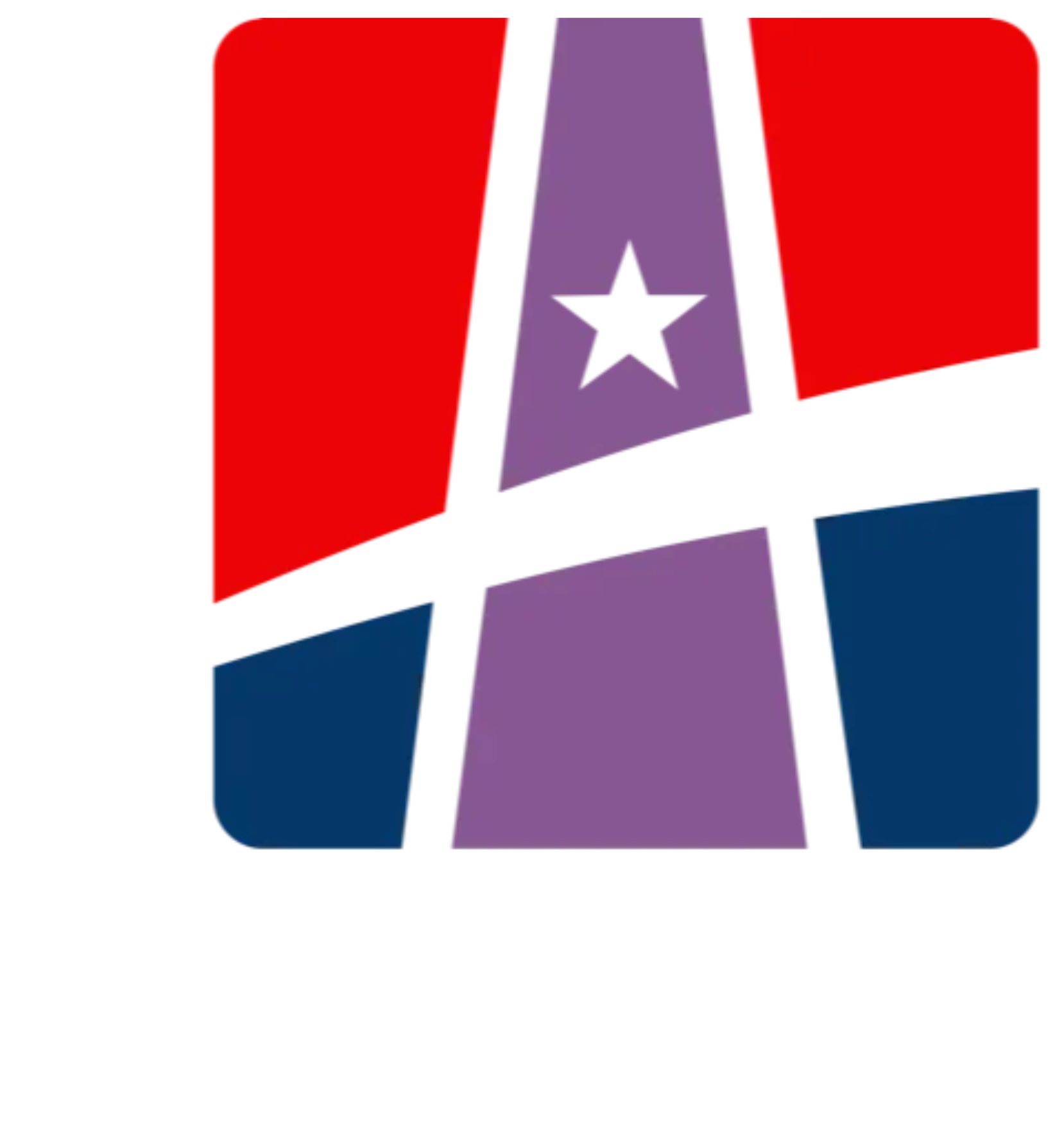Strategies for Bridging Divides and Enhancing Discourse in the Digital Age
Beyond Echo Chambers
The current research and polling in the field is so robust that I've split my summaries into research this week and polling and reports next week. There is much to learn from the increased focus on solving our most wicked problems.
As digital landscapes dominate our sources of information and social interaction, understanding the nuanced interplay of political polarization, misinformation, and public discourse has never been more crucial. Recent studies provide a comprehensive look at these complex dynamics, highlighting the multifaceted challenges and potential pathways to mitigating divisive discourse in our society.
Echo Chambers and Misinformation
The intricate dance of algorithms and user interactions leads to communities bonded not by shared truths but by shared beliefs, often unvetted and unchecked.
Central to these challenges is the concept of "echo chambers," which are prevalent on social media platforms. As detailed in new research from Penn State, these digital spaces enhance group identities and facilitate environments where misinformation proliferates. The study "Inside the Echo Chamber: Linguistic Underpinnings of Misinformation on Twitter" delves into how specific linguistic patterns reinforce group thinking and misinformation, particularly around contentious issues like vaccinations and election fraud.
The "Information Cocoons on Social Media" study adds depth to our understanding of online interactions. It discusses how social media algorithms might encourage ideological segregation by curating content that aligns with users' pre-existing beliefs. The paper suggests algorithm tweaks to introduce a broader spectrum of information could counteract this, potentially reducing polarization.
Informed Ignorance and Misinformation Inoculation
The problem isn't just the lack of diverse information but its overwhelming abundance, which can lead to "informed ignorance." This paradox, where more information leads to less knowledge, is detailed in “Informed Ignorance as a Form of Epistemic Injustice.” This overabundance, rife with misinformation, exacerbates societal divides and calls for practical solutions to improve public understanding.
One such solution is using interactive games to teach users to discern and resist misleading information effectively, as explored in the study "Gamified inoculation reduces susceptibility to misinformation from political ingroups." By engaging individuals in game-based learning, this method fosters critical thinking and resistance to misleading information, regardless of political alignment.
Constructive Discourse Amidst Division
The potential for constructive discourse across political divides is more realistic than it may appear. The study "Misplaced Divides? Discussing Political Disagreement With Strangers Can Be Unexpectedly Positive" points to the potential for positive engagement across political divides, as demonstrated in studies where individuals engaging in discussions with political opponents found the experience surprisingly pleasant. This research suggests that should we bridge these divides beneath the turbulent surface of our digital discourse, there are opportunities for genuine connection and understanding.
The Cost of Polarization
However, openness to opposing viewpoints can sometimes entail reputational risks, especially in highly polarized environments. The study on the reputational costs of political openness explores this dilemma. It shows that while being receptive to differing political views can be intellectually enriching, it may also lead to social backlash in certain contexts.
Moreover, the persistent calls for a third political party, as detailed in the research on disaffected partisans, reflect a broader dissatisfaction with the existing political landscape. Interestingly, those advocating for a third party often exhibit levels of polarization comparable to those loyal to the traditional parties. That is not to validate any myth of independents as cloaked partisans but instead serves to underscore the deep-rooted ideological divisions we are struggling with. No one is immune.
The Path Forward
The highlighted studies reveal the complex challenges digital media and misinformation pose in shaping public opinion and discourse. They stress the need for innovative educational tools, algorithmic adjustments, and a culture of open dialogue to bridge divides effectively. While these challenges are daunting, they are not insurmountable. We can foster a more informed, equitable, and united society with a strategic approach to digital interactions and misinformation.
In our journey through the digital age's vast information ocean, we must navigate these waters with wisdom and vigilance.
Featured Content
- AllSides (Blog) May 7th: Meta Blocks RFK Jr. Mini-Documentary, Pro-RFK Super PAC Announces Plans to Sue
- BillTrack50 (Article) May 7th: IssueVoter Bill of the Month (May 2024): Antisemitism Awareness Act
- American Promise (Article) May 6th: Campaign Finance Roundup: May 6, 2024
- American Values Coalition (Blog) May 1st: Humanizing Trump Supporters
- Ballotpedia (Resource) May 6th: South Carolina becomes the fourth state to send a constitutional amendment providing that only U.S. citizens can vote in elections to the Nov. 2024 ballot
- Independent Voter (News) May 6th: Protecting Our Laboratories of Democracy: The Dangers of Ranked Choice Voting Bans
- Issue One (Article) May 6th: Ongoing efforts to undermine U.S. elections erodes democracy, risks violence, and threatens the peaceful transfer of power, say NCEI co-chairs
- Unite America (Article) May 6th: The Motion to Vacate: Exposing the Primary Problem's Grip on Congress
- Veterans for All Voters (Article) May 5th: Challenges to Final Five Voting and Our Rebuttals
Podcasts
- Bridge Alliance (Collage) May 5th: Preserving Sacred Space: An Activist's Response
- McCourtney Institute for Democracy (Democracy Works) May 6th: 30 years of democracy in South Africa
- The Democracy Group (The Politics Guys) May 8th: Can Capitalism Save the Planet?
- The Great Battlefield, May 8tth: Countering Disinformation with David Goldstein of We Defend Truth
- Social Media and Politics, May 5th: Web Browsing Data to Study Digital Political Behavior, with Prof. Sebastian Stier
Citizen Connect Featured Events
- Brookings (May 16th @ 1:00 pm EDT) Black voters and the complexity of race and politics in the 2024 elections
- Living Room Conversations (May 16th @ 1:00 pm MDT) Mental Health
- Braver Angels (May 18th @ 2:00 pm EDT) Families and Politics
- Crossing Party Lines (May 19th @ 5:00 pm PDT) Citizenship: Are U.S. Requirements Too Strict or Too Lax?
- American Promise (May 20th @ 5:00 pm CDT) A Conversation with Michael Donne and Maureen Kline
Featured Fulcrum Articles
- F. Willis Johnson, May 1st: The history and impact of Asian American and Pacific Islander Month
- Meaghan Downer, May 2nd: Voters face new rules for mailed ballots in battleground states
- Rachel Funk Fordham & Jacon M. Brumbach, May 2nd: Are U.S. companies living up to their commitments to democracy?
- Manu Meel, May 2nd: Columbia's firestorm is just the beginning. Here's how philanthropy can respond.
- Steven Hill, May 7th: Gas prices up again? What’s going on?
Members In The News
- American Promise (Newsmax) April 24th: Schumer-Tied Dark Money Group Targets GOP Candidate
- Business for America (The Statehouse File) April 30th: In fraught election year, program seeks to reduce political polarization at work
- FairVote (KERA News) April 24th: GOP-led recount verifies election results of Dallas-area primary
- Mormon Women for Ethical Government (Yahoo) May 4th: This pro-family bill is stalled in the U.S. Senate. Crapo, Risch should get behind it
- Future Caucus (Washington Post) May 7th: Buck up, America. Help is on the way.
Contact us
(312) 725-2038
Mailing Address: 130 Via Verde Way
Palm Beach Gardens, FL 33418
Our EIN is 82-3476248
Join our mailing list to stay connected
©2023 | All Rights Reserved | Bridge Alliance Education Fund
Website powered by Neon One





